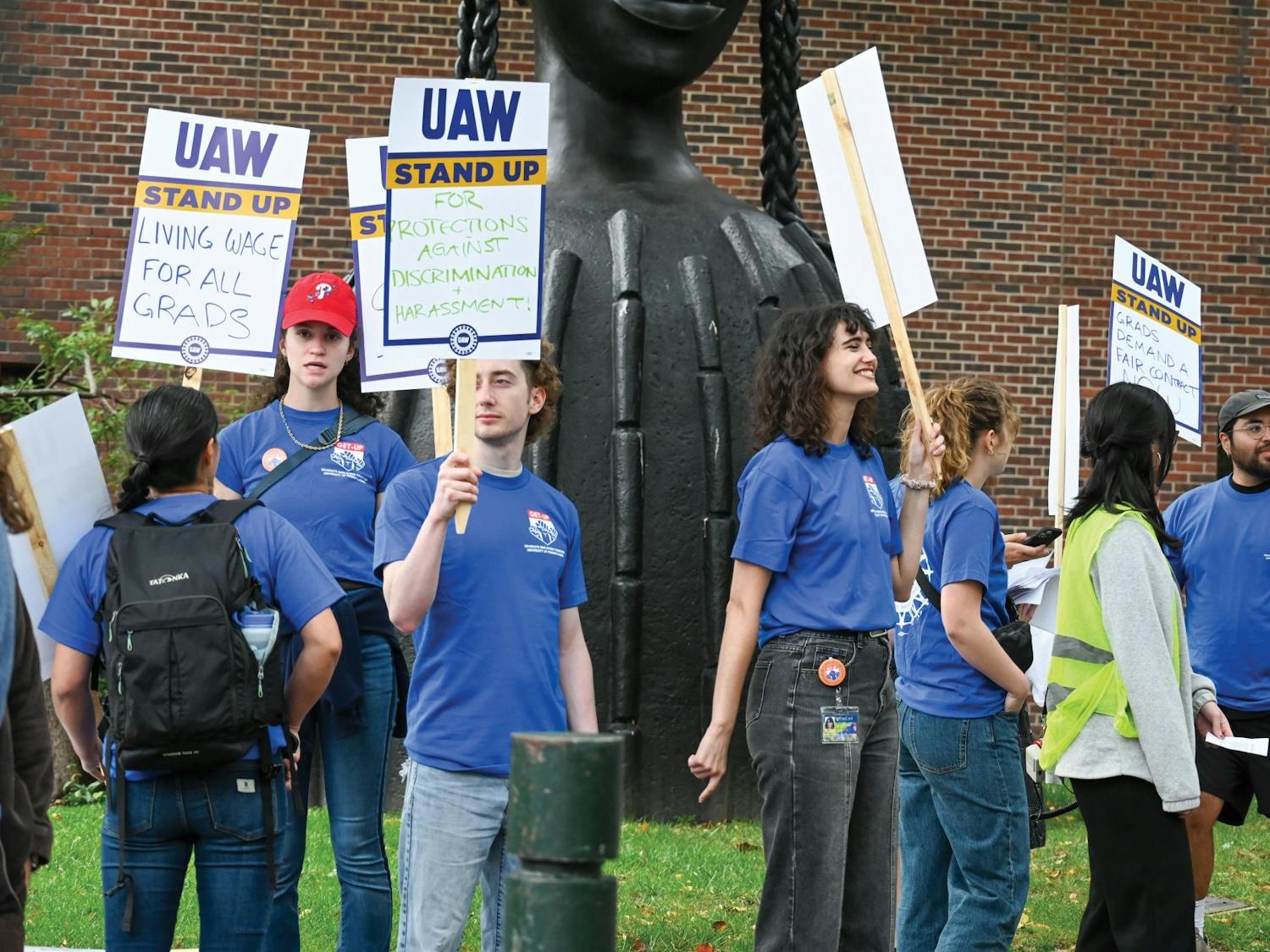The Philadelphia City Council unanimously passed the city’s $3.8 billion budget for fiscal year 2010 on May 21, with key aspects of the budget awaiting approval from the state legislature.
The approved budget closes a $1.4 billion gap in the city’s five-year financial plan by increasing the sales tax by 1 percent, deferring pension payments of city employees for two years and stretching payments to the pension fund from 20 to 30 years.
All of these elements of the budget must be approved by the Pennsylvania state legislature before they can go into effect.
Other aspects of the budget include increasing fees for services such as garbage pick-up, reducing the number of days the public library branches are open, cutting the number of public pools open during the summer and cutting an after-school program for at-risk children.
City Councilwoman Jannie Blackwell, whose district includes Penn’s campus, said the biggest issues between Mayor Michael Nutter and the City Council concerned the types of taxes that should be instituted and the sources of the revenue that needed to be raised.
The mayor wanted to increase real estate taxes, Blackwell said. However, City Council believed that voters did not want a real estate tax hike.
Blackwell said she is relieved the budget passed.
“Thank God we’ve gotten this far,” she said.
Blackwell added that she hopes this budget will help Philadelphia stay on its feet during this tough economic period.
“We’re hoping the slump will be over, and the recession will be over and hopefully life will be easier,” she said. “We’re hopeful that we’ll be okay.”
The Mayor’s office is also satisfied with the budget.
“The budget represents a compromise between the city council and the administration, and we are happy to petition Harrisburg with one voice,” Doug Oliver, a spokesperson for Nutter, said.
Not all are thrilled with the budget in its current form, however.
The Coalition for Essential Services, a group consisting of union representatives and community activists, is upset with the budget because some services were cut and because they believe that the sales tax is a regressive tax, according to the coalition’s cofounder, Stan Shapiro.
Shapiro said the Coalition for Essential Services testified in public hearings that debated the budget and held a protest when the budget was passed and its proposals were not included.
The group is weighing its options about if and how it wants to discourage the state legislature from approving the sales tax, Shapiro said.
Oliver said the state legislature has indicated that they plan on carefully scrutinizing the budget, and the mayor’s office is prepared to work to persuade the state government.








